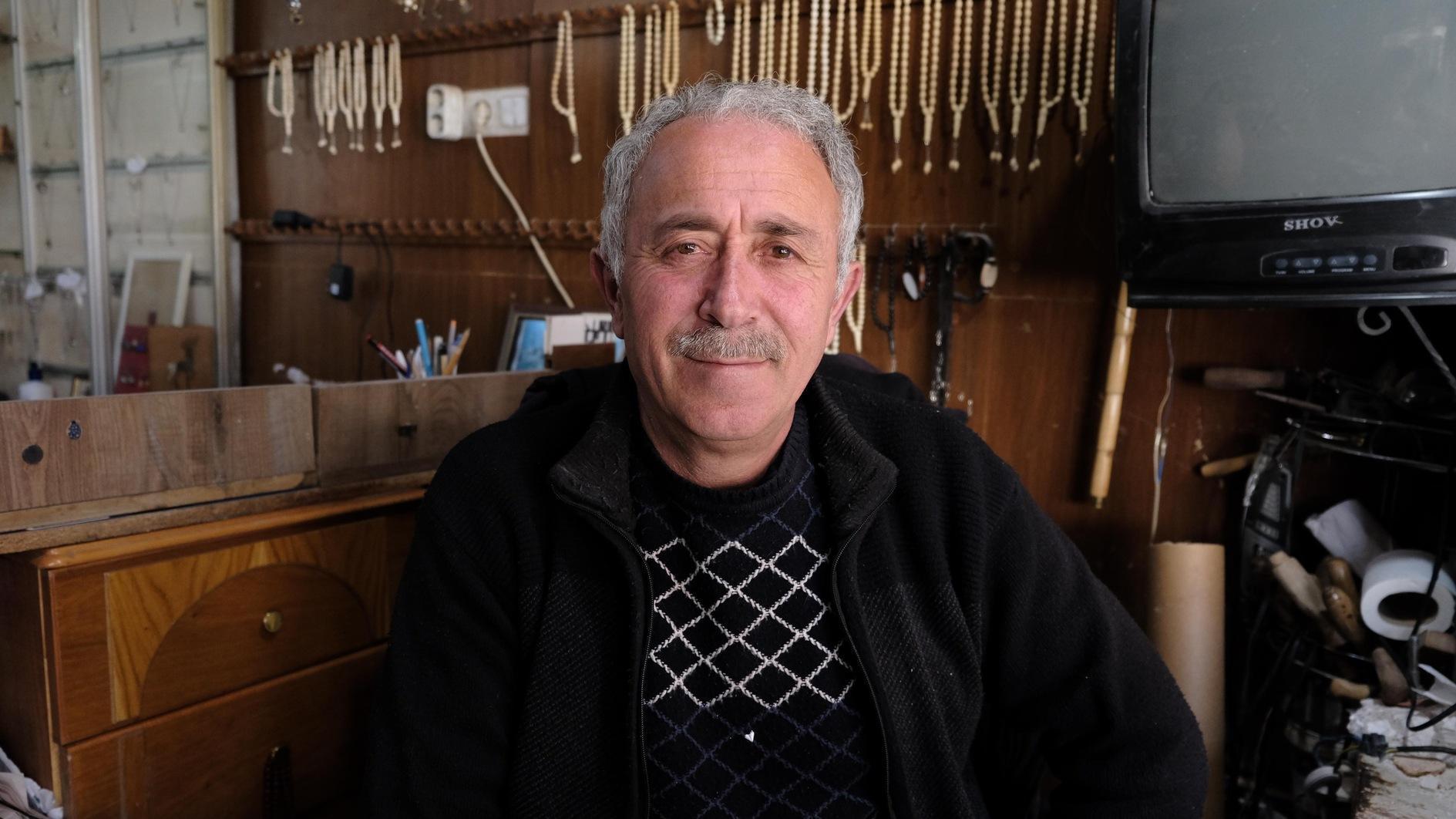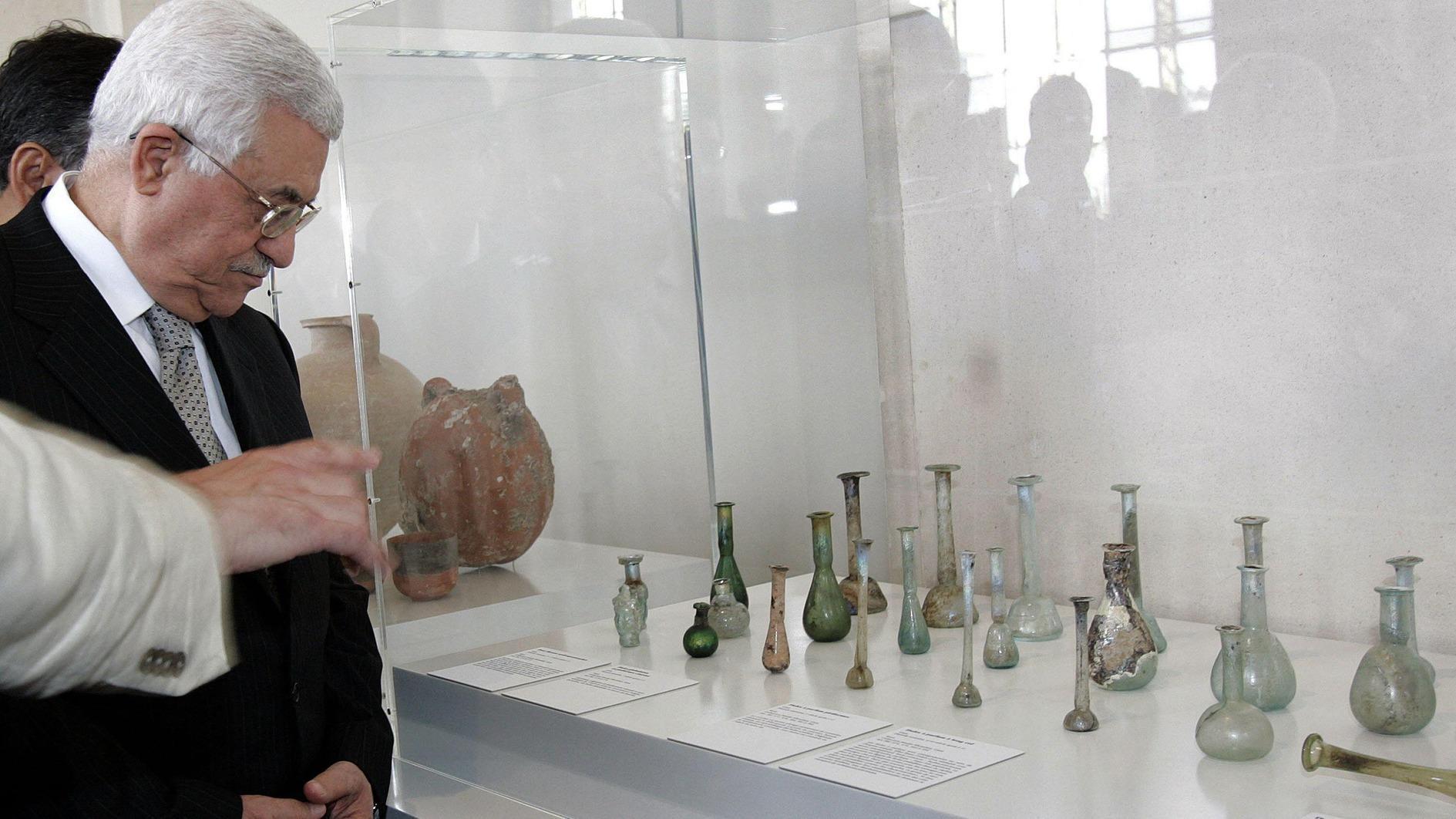ISIL behind Oct 10 Ankara Massacre, says prosecutor’s office
ANKARA

A placard that reads in Turkish: 'Peace Immediately Now' , is seen at the site of an explosion with the bodies of victims covered with flags and banners in the background, in Ankara, Turkey, Saturday, Oct. 10, 2015. AP Photo
An Islamic State of Iraq and the Levant (ISIL) sleeper cell based in the southeastern province of Gaziantep was behind the twin suicide bombings that killed 100 peace activists in Ankara on Oct. 10, the Ankara Prosecutor’s Office said in a written statement.“It is understood that a terrorist organization in [the southeastern] Gaziantep province planned attacks inside Turkey after taking direct orders from Daesh in Syria,” the prosecutor’s office said, using the Arabic acronym for ISIL.
“The cell received permission from the terrorist group in Syria to attack all PKK [outlawed Kurdistan Workers’ Party] and anti-Daesh targets inside Turkey,” the office said.
The postponement of the Nov. 1 snap elections was one of motives behind the attack, it said.
The attack aimed to have “the Nov. 1 general elections postponed by having terrorist activities extended,” the prosecutor’s office said in a written statement.
“Disrupting political stability by sabotaging the upcoming elections and complicating the formation of a government … that would emerge after the elections” were some of the other hypothesized reasons for the massacre, it said, adding that it arrived at these conclusions from “data found on digital material.”
The Kurdish problem-focused Peoples’ Democratic Party (HDP) was among the organizers of the peace rally in Ankara and, according to the prosecutor’s office, previous attacks against the party were also probably committed by ISIL.
“According to recordings that have been investigated, there is strong evidence that the said terrorist organization committed the attacks against the HDP in Adana and Mersin, the bomb attack at the HDP rally in Diyarbakır and the bomb attack in Suruç,” said the statement.
On May 18, bombs exploded at two local HDP headquarters in Adana and Mersin. Hidden in a cargo parcel and a gift-wrapped flower pot, the two bombs injured four people and caused damage to the building. Four people were killed in a bombing at an HDP rally in the southeastern province of Diyarbakır on June 5, only two days before the June 7 parliamentary elections. On July 20, a suicide bomb attack in the border town of Suruç in the southeastern Şanlıurfa province killed 34 people. On Oct. 19, the Ankara Chief Public Prosecutor’s Office announced that one of the two suicide bombers in the Oct.10 Ankara massacre was Yunus Emre Alagöz, the brother of Şeyh Abdurrahman Alagöz, who was the perpetrator of the Suruç attack.
The attack aimed at creating turmoil by prompting “marginal segments” of the “mass targeted” in Ankara to take to streets, having “the state held responsible” for the Ankara Massacre and thus “legitimatize the PKK attacks against Turkey,” the prosecutor’s office said.
“It is confirmed that they planned to launch a suicide bomb attack against a military base inside the country,” it said.
Underlining that they have so far decoded only five percent of the digital material, the office said the evidence showed that the terrorist organization had been regularly financed by headquarters in Syria.
“The terrorist organization exerted efforts to get permission from the same country [Syria] to attack Christians and Jews living in our country,” the office said.
















